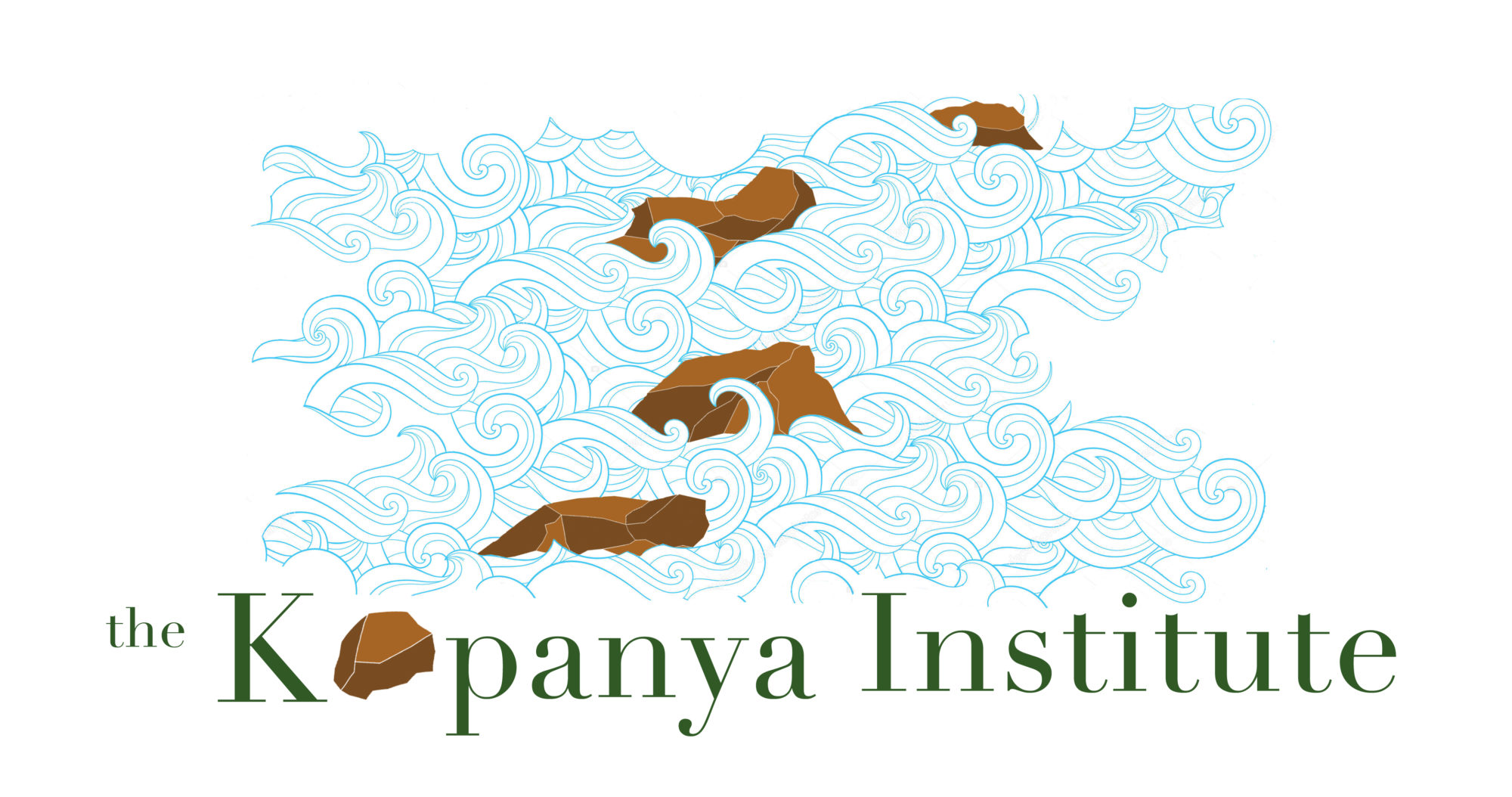Sometimes I hope Lockdown never ends, so I don’t have to exist in the racialising gaze of others, particularly the white gaze.
A few weeks ago, I ventured out for the very first time to exercise, on the famed Biskop Steps above Clifton, the scenic alternative to the gym stairmaster. It was packed. We were all gasping, masked up to the eyeballs. Only our skin, eyes and hair were visible.
Two blonde yoga model types were approaching from below. They moved to the side to let me pass.
“Thanks man,” I said cheerily, though bracing myself, fearing the worst.
“Sure,” said the one. And indeed the other put her hands together and cheerfully uttered “Namaste” to me.
I think I guffawed, but I may as well have puked.
Here’s the thing. If you as a white bodied person are grappling with your inherited privilege, and you think that solving this means racialising yourself as white – and therefore inevitably, racialising people of colour as the “other” – you are mistaken.
Thinking that from just a glimpse of my eyes and my skin tone, you know my story, you know how I greet people, you know what box to put me in; if you think you’re celebrating me, and “my culture”, you are not.
You are stereotyping me. You are reducing me to a cliche. You are projecting your fantasy of who you want me to be, onto me.
You are racialising me.
White bodied folk have come to the table far too late. We people of colour have been fighting not to be racialised for the longest time. Even if many of us don’t express it in that particular way, that is what we are doing. If you think racialising yourself is going to equalize the playing field, it is not. It is simply re-racialising us.
We have been at the bottom of the barrel for far too long, and we can’t let ourselves be dragged down there again by the new crabs.
Just as with sexual consent, you would ask before you touch me, not so? Well, same thing with identity. Ask me who I am; don’t play “race detective” and then gloat with pride that you have “figured me out”.
And when I object, don’t protest with a casual grin “that’s your culture, you should be proud of it.”
I will tell you what my “culture” is. I will tell you who I am. Until such time, stay quiet and listen. Or, ask for identity consent.
PS This dynamic is not limited to the white racialising gaze. It certainly happens between people of colour too. Anywhere really where people are seeking to racialise each other, especially but not limited to, those aggressively seeking out the so-called “cross racial” encounter.
PPS This isn’t about getting the categorization “right”. Even if someone “figured me out right” I would be just as uneasy. It is not about accuracy. No amount of “correct” information will make the labeling process better. Rather, this is about changing modes. About shifting out of an essentialising/objectifying/racialising mode and into a care-full, mutually consensual, and conceptually engaged one.
